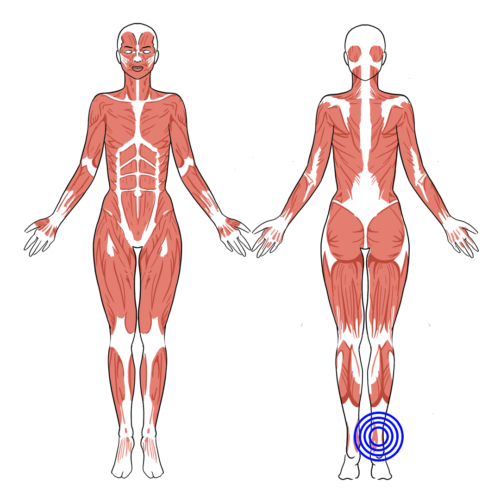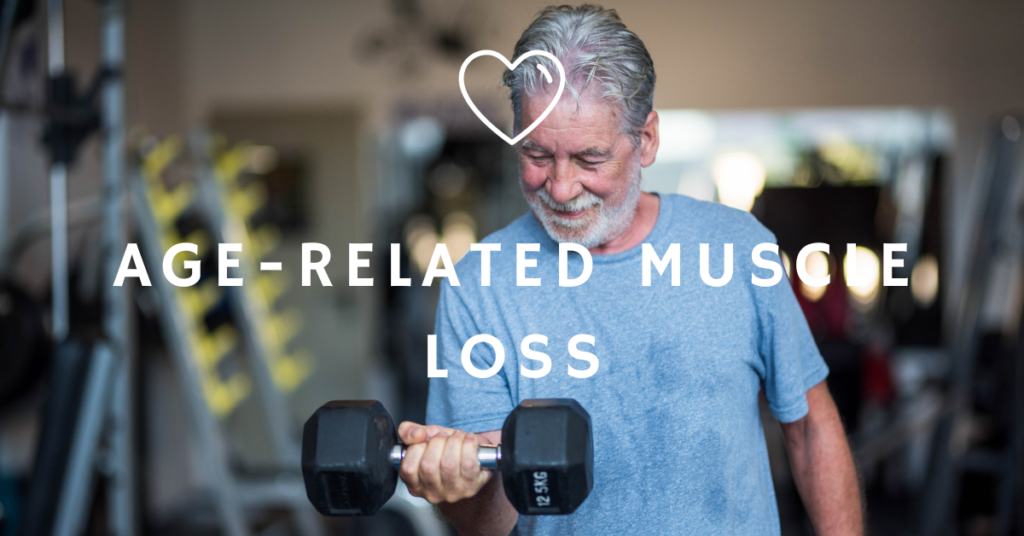SPORTS THERAPY: ACHILLIES TENDONITIS
Achilles Tendinitis is an overuse injury of the Achilles tendon, the band of tissue that connects calf muscles at the back of the lower leg to your heel bone.
Achilles Tendinitis most commonly occurs in runners who have suddenly increased the intensity or duration of their runs.
Most cases of Achilles Tendinitis can be treated with relatively simple, at-home care under a therapists or doctors supervision. Self care strategies such as exercises at home will prevent recurring episodes. The more serious cases of Achilles Tendinitis can lead to tendon tears that may require surgical repair.
Symptoms

The pain associated with Achilles Tendinitis typically begins as a mild ache in the back of the leg or above the heel after or during sports activity. If you’re experiencing more severe pain (which may occur after prolonged running, stair climbing or sprinting) you will also experience tenderness or stiffness more severely in the morning, which will usually improve with a combination of intermittent rest and mild activity.
causes
Achilles Tendinitis is caused by repetitive or intense strain on the achilles tendon, the band of tissue that connects your calf muscles to your heel bone. This tendon is used when you walk, run, jump or push up on your toes.
The structure of the Achilles tendon weakens with age which can make it more prone to injury, particularly in those who participate in sports or exercise.
Risk Factors
A number of factors to increase your risk of Achilles Tendinitis.
. Age. Achilles Tendinitis is more common as you age.
. Your Sex. Achilles Tendinitis occurs most commonly in men.
. Physicality. A naturally flat arch in your foot can put more strain on the achilles tendon. Obesity and tight calf muscles also can increase tendon strain.
. Training choices. Running in worn out shoes, training in cold weather (as opposed to warm weather) and running on uneven terrain can cause an achilles injury.
. Medical conditions. People who have psoriasis or high blood pressure are at higher risk of developing Achilles Tendinitis.
Prevention
- Take it easy and rest.
- Increase your activity level gradually.
- Choose your shoes carefully.
- Stretch daily.
- Strengthen your calf muscles.
- Cross-train.
contact us
If you have any questions or want to know more get in contact and we will get back to to you asap
our address
Absolute Training and Nutrition. Unit 8, Lauder Lane, Barnstaple, Devon, EX31 3TA.
Our Sevices
- One-to-One Personal Training
- Small Group Personal Training
- Group Training
- Fit3D Body Scanner
- Sports Massage
About Absolute
- Our Facility
- Our Trainers
Contact Us
Absolute Training and Nutrition. Unit 8, Lauder Lane, Barnstaple, Devon, EX31 3TA.
01271 370600
Subscribe our newsletter to get all our cool news.




